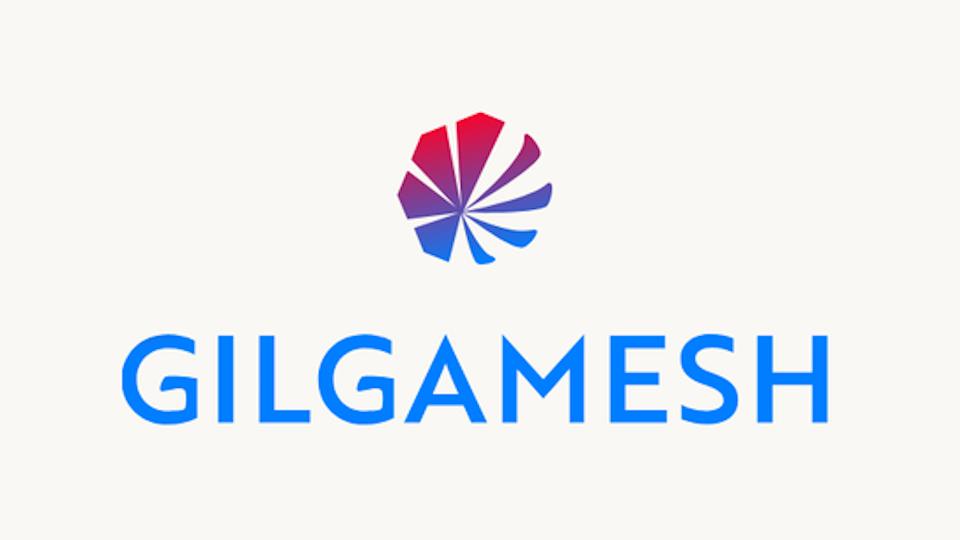VistaGen's horizons may shrink after clinical trial setback

Shares in VistaGen Therapeutics have plummeted after the company reported that its lead pherine nasal spray candidate failed the first of two phase 3 trials in social anxiety disorder (SAD), placing the future of the programme in doubt.
The drug – codenamed PH94B – was unable to alleviate SAD symptoms in adults asked to complete a public speaking challenge in the PALISADE-1 compared to placebo.
The announcement of the result was swiftly followed by an 86% decline in VistaGen's share price, reflecting investor concerns about the potential of PH94B, which is in multiple trials across SAD indications and is the company's primary R&D programme.
The company is now firmly in penny share territory at $0.15, down from a 52-week high of more than $3.25.
The South San Francisco biotech's chief executive, Shawn Singh, said that while the results of PALISADE-1 were "not consistent" with earlier, phase 2 trials of PH94B in SAD, the company remains "committed to transforming the treatment landscape for those living with anxiety, depression, and other central nervous system disorders."
In PALISADE-1, a single dose of PH94B showed no difference from placebo on the self-reported Subjective Units of Distress Scale (SUDS) scores given 20 minutes before a public speaking task.
Attention now turns to the PALISADE-2 trial, another public speaking challenge study, and a phase 2 study in people with anxiety and adjustment disorder – a reaction to a change in circumstance that can lead to feelings of being overwhelmed and unable to concentrate.
There had been high hopes for the outcome of PALISADE-1, after a mid-stage trial demonstrated a statistically significant difference with placebo on both public speaking and social interaction. That earned it fast-track status by the FDA.
The latest result has undermined the company's hopes that PH94B would become the first FDA-approved, on-demand treatment for patients who suffer from SAD, but it's not the first setback for the company.
In 2019, VistaGen reported that its ketamine-like drug AV-101B failed a phase 2 trial in major depressive disorder (MDD), sending the programme back into early-stage clinical development and leading to another rout of its shares.
AV-101 was being administered in its own in that trial, and is now being co-administered with oral probenecid in a phase 1b study, in an attempt to improve its delivery over the blood-brain barrier and restore its promise in MDD.
VistaGene meanwhile is also developing PH10, another pherine nasal spray heading for a phase 2b study in MDD.
Image by Rudy and Peter Skitterians from Pixabay












